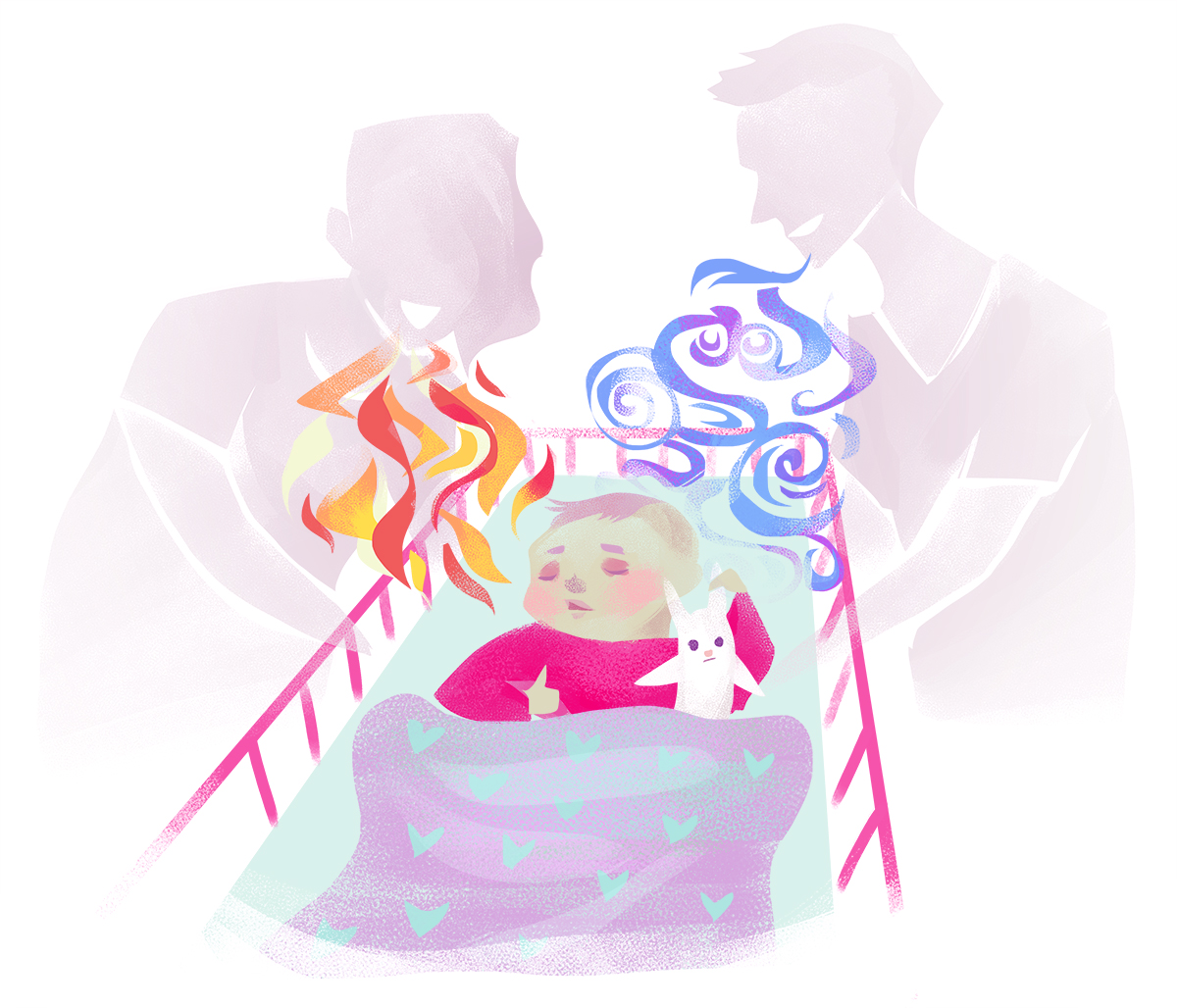Like many others at McGill, I come from a background of multiple languages. My father grew up in Wolfsburg, Germany—a relatively small country town, about an hour away from Berlin. After 20 years of living in a rainy climate, he decided to venture south in search of sun and a happier version of himself. He landed in Padua, northern Italy, where, 15 years later, he met my mother and they had my brother. My mother grew up in Berkeley, CA, and moved to Italy after receiving her Master’s degree in French. As a result, language has been a ruling component of my upbringing.
Prioritizing language education, whether in school or independently, has a significant impact on traveling and living experiences, as well as development. Learning multiple languages shows the complementary, rather than conflictual, nature of different countries, languages, and cultures. This helps deconstruct barriers to both political and cultural engagement.
Montreal’s own bilingual nature supports the values of multilingualism and multiculturalism, as it maintains both anglophone and francophone cultures. Being able to communicate effectively in more than one language opens the mind and allows people to access new cultures, transcending language barriers that often prevent us from seeing beyond what we know. Often, no direct translations exist between one language and another as a result of differing sentence structures, idiomatic expressions, and the vocabulary words themselves. A scholar studying two works in their original languages has deeper insights than others studying translations. Politicians working on international policy—or domestic policy in a bilingual country such as Canada, for that matter—can show cultural respect and create better policies speaking in the native language of those they represent.
Multilingualism has value above and beyond its services to culture. For example, according to speech-language pathologist Lauren Lowry, children who grow up bilingually have proven to be more creative, better at planning, and more capable of solving complex problems than monolinguals. The effects of aging are even diminished in bilinguals. By supporting a bilingual culture, Montreal’s future citizens reap these benefits.
Growing up, I’ve heard numerous people tell me that they don’t need to learn any more languages, because English is one of the most popular and can be used around the globe. However, this limits the places where anglophones can travel in a meaningful way, and leads to the colonialist notion that English, and English-speaking European and North American countries, are superior to other countries and their ways of life. In most American states, there are no language requirements in high school, according to their respective graduation requirements, whereas all schools in Germany and Canada require taking at least one language other than their mother tongue, and many require two.
Although I was lucky to understand the importance of language from a young age, with English, German, French, and Italian swirling around my house, that doesn’t mean that those who were not given the same opportunity shouldn’t try. My favourite YouTubers, Damon and Jo, have a travel blog all about traveling as young adults—how to travel when you’re broke, what the life of a traveler is like, why becoming involved in language and culture is vital to traveling, and, of course, how to learn languages without paying for expensive classes and books.
We have all the resources we need to find the value of linguistic diversity—we just need to use them.









